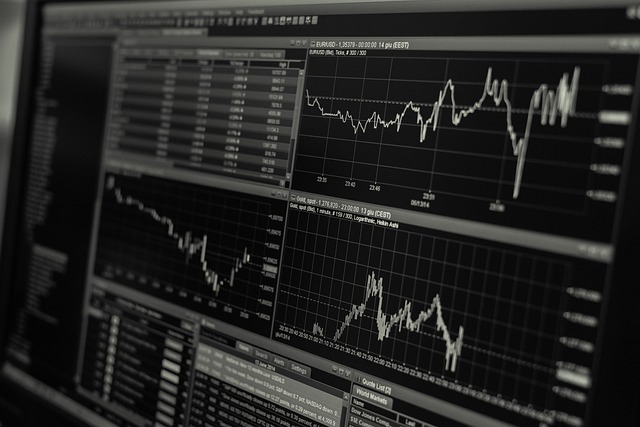Uncovering the Hidden Risks of P2P Trading and How to Stay Protected

Strong 8k brings an ultra-HD IPTV experience to your living room and your pocket.
With the constant evolution of the cryptocurrency ecosystem, numerous methods for digital asset exchange have emerged, and among them, peer-to-peer (P2P) trading stands out for its decentralised nature and unparalleled flexibility. It enables traders of all levels to conduct transactions directly with one another, bypassing traditional exchanges and third-party intermediaries. Despite clear advantages such as competitive pricing, increased privacy, and a more adaptable regulatory environment, P2P trading is not without its pitfalls, many of which can affect traders regardless of their experience.
Perhaps the most widespread concern tied to P2P trading is the risk of fraudulent activities. Malicious actors are getting more elaborate in their schemes every day and often engage in deceptive tactics, such as submitting counterfeit receipts, vanishing after a transaction is initiated, or sending refund requests post-payment. Anyone choosing to use peer-to-peer exchange platforms must understand the importance of protecting their funds and transaction integrity. To reduce these risks, users should rely on service providers that offer escrow services, vet the trading partner’s profile carefully, and prefer payment methods that guard against unauthorized refunds.
Another significant hazard arises when trading partners attempt to use illicit funds. In some cases, fraudsters aim to launder stolen cryptocurrency or fiat, putting unsuspecting users at legal risk or subjecting them to account freezes. These scenarios can be avoided by trading with high-reputation users who have consistent, positive histories. Avoid any transaction that seems suspicious, especially if it involves unusually favourable rates or vague payment terms.
Rate manipulation is another less obvious but serious concern in P2P trading environments. Some individuals fabricate listings to distort the market value of a cryptocurrency by either inflating or suppressing the price to exploit and mislead newcomers. This manipulation is particularly effective on platforms with limited liquidity, where a handful of traders influence pricing dynamics. To avoid falling into this trap, compare listed rates with the broader market average and approach outlier offers with skepticism.
Technical vulnerabilities are yet another category of risk. Those engaging in P2P trading on unsecured platforms or devices may fall victim to data theft, phishing scams, or even direct account breaches. It is essential to adopt strong security practices and protect yourself by enabling two-factor or multi-factor authentication, operating only on trusted websites, and using secure hardware when initiating any transaction.
Lastly, one of the most underestimated challenges of P2P trading is the regulatory uncertainty that still surrounds cryptocurrency across many regions. In certain jurisdictions, engaging in crypto-related transactions may require licenses or may be restricted entirely. Before initiating any deal, traders should thoroughly understand the legal framework governing crypto transactions in their country to ensure full compliance.
Nonetheless, while P2P trading offers users greater control and flexibility over their crypto transactions, it also introduces a distinct set of risks. A responsible trader should always stay informed, rely on established platforms with robust protection features, and remain compliant with applicable laws. By doing so, you can enjoy the benefits of P2P trading while minimizing potential threats to your assets and privacy.
Note: IndiBlogHub features both user-submitted and editorial content. We do not verify third-party contributions. Read our Disclaimer and Privacy Policyfor details.







